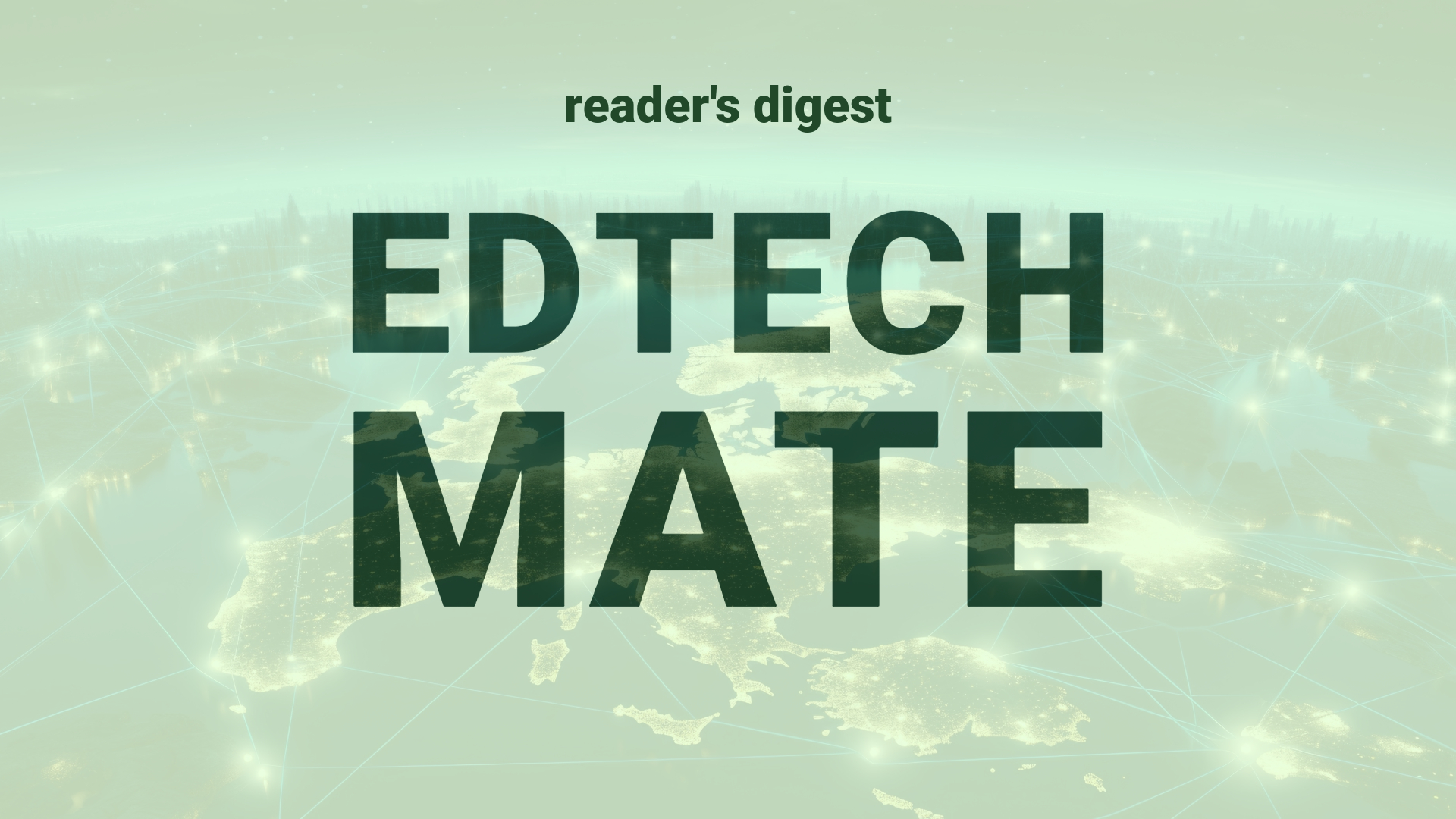Executive Summary and Main Points
Key developments in the education technology sector have been underscored by OpenAI’s recent strategic board member appointment and partnerships. OpenAI, renowned for its advancements in artificial intelligence through platforms like ChatGPT, appointed retired U.S. Army General and former NSA Director Paul M. Nakasone to its board. Additionally, the company announced high-profile executive hires and a groundbreaking partnership with Apple, incorporating ChatGPT with Siri. These actions signify a deepening commitment to integrating AI into the tech landscape, highlighting the importance of cybersecurity, strategic governance, and innovative product development.
Potential Impact in the Education Sector
The addition of cybersecurity expertise to OpenAI’s board could greatly enhance the safety infrastructure critical to Further and Higher Education, where data security is paramount. Furthermore, the collaboration with Apple and new executive leadership could catalyze the development and adoption of AI-powered tools in academia, creating more personalized and accessible learning experiences. This is set to revolutionize not just traditional education pathways, but also expand the scope and recognition of Micro-credentials, with AI enabling streamlined and scalable educational services in a globally interconnected learning environment.
Potential Applicability in the Education Sector
Innovations from OpenAI, echoed in their recent executive movements and collaborations, offer several applications for the global education sector. This includes leveraging AI for adaptive learning platforms, automating administrative tasks, enhancing research through data analytics, and optimizing cybersecurity measures to protect institutional and student data. Specifically, the integration of ChatGPT with Siri may set the stage for AI virtual assistants to become more ubiquitous in educational settings, providing students and educators with instant access to information and support.
Criticism and Potential Shortfalls
While AI developments promise transformational changes, they are not without controversy and criticism. Ethical considerations surrounding data privacy, the digital divide, and the potential for AI to perpetuate biases present considerable challenges. Moreover, international case studies reveal discrepancies in AI adoption rates and resource allocation, which may exacerbate educational inequalities. As such, it is vital that new technologies be critically evaluated and approached with cultural responsiveness to avoid unintended consequences in diverse educational contexts.
Actionable Recommendations
To leverage these technological advancements, international education leadership should consider investing in AI literacy programs for educators and students, ensuring equitable access to digital tools. Strategic partnerships with AI-focused companies like OpenAI could be sought to co-develop specialized education applications. Furthermore, it is imperative to establish robust ethical guidelines and privacy frameworks, alongside investing in infrastructure capable of supporting AI-driven education paradigms. Cultivating a culture of innovation and digital transformation readiness will be essential for higher education institutions to stay at the forefront of emerging educational technologies.
Source article: https://www.cnbc.com/2024/06/13/openai-adds-former-nsa-chief-to-its-board-paul-nakasone-sam-altman.html

